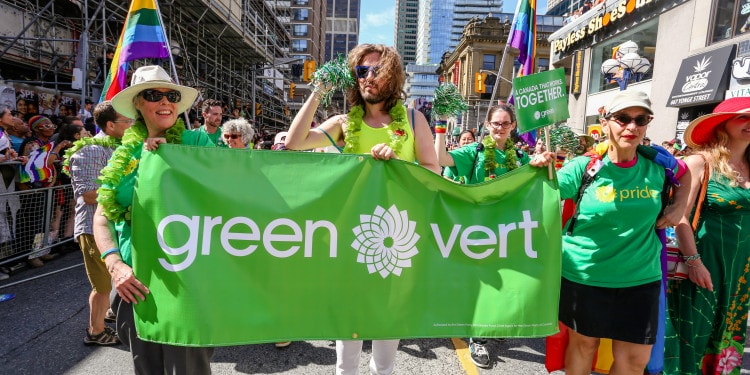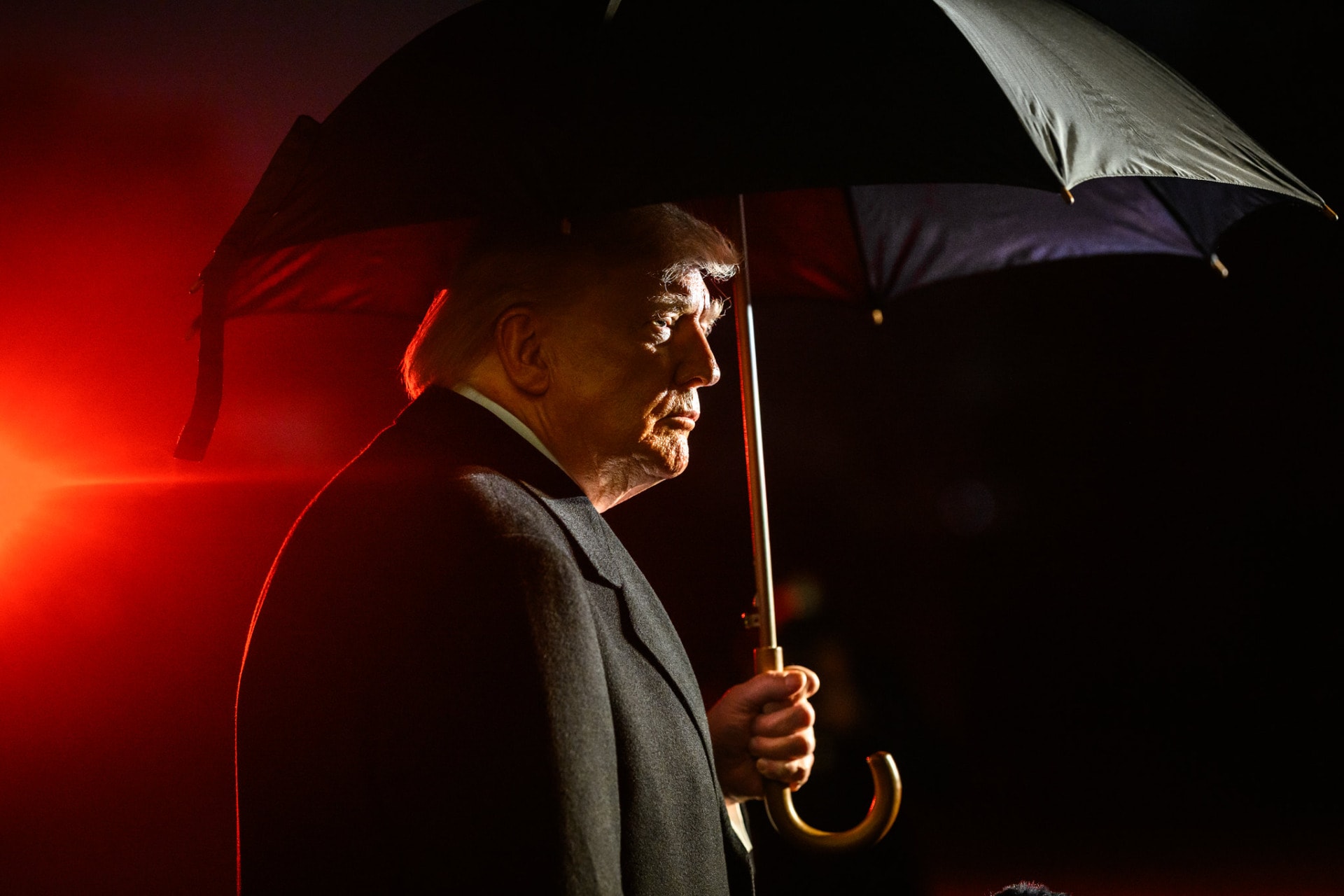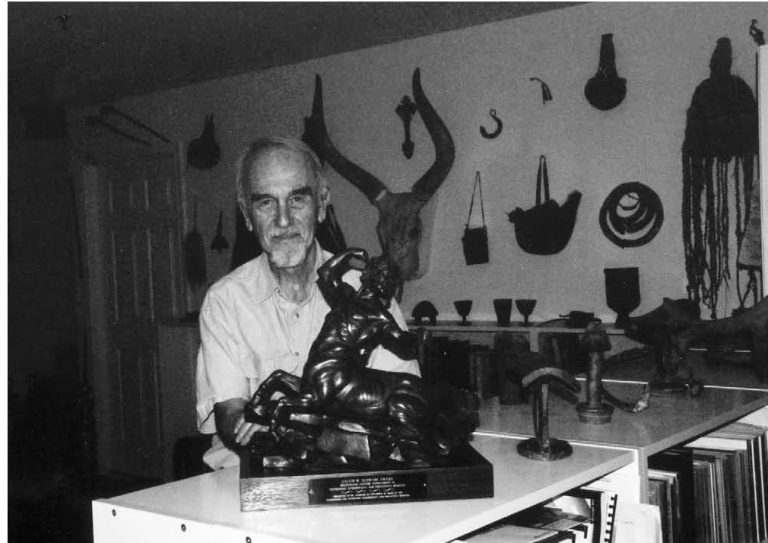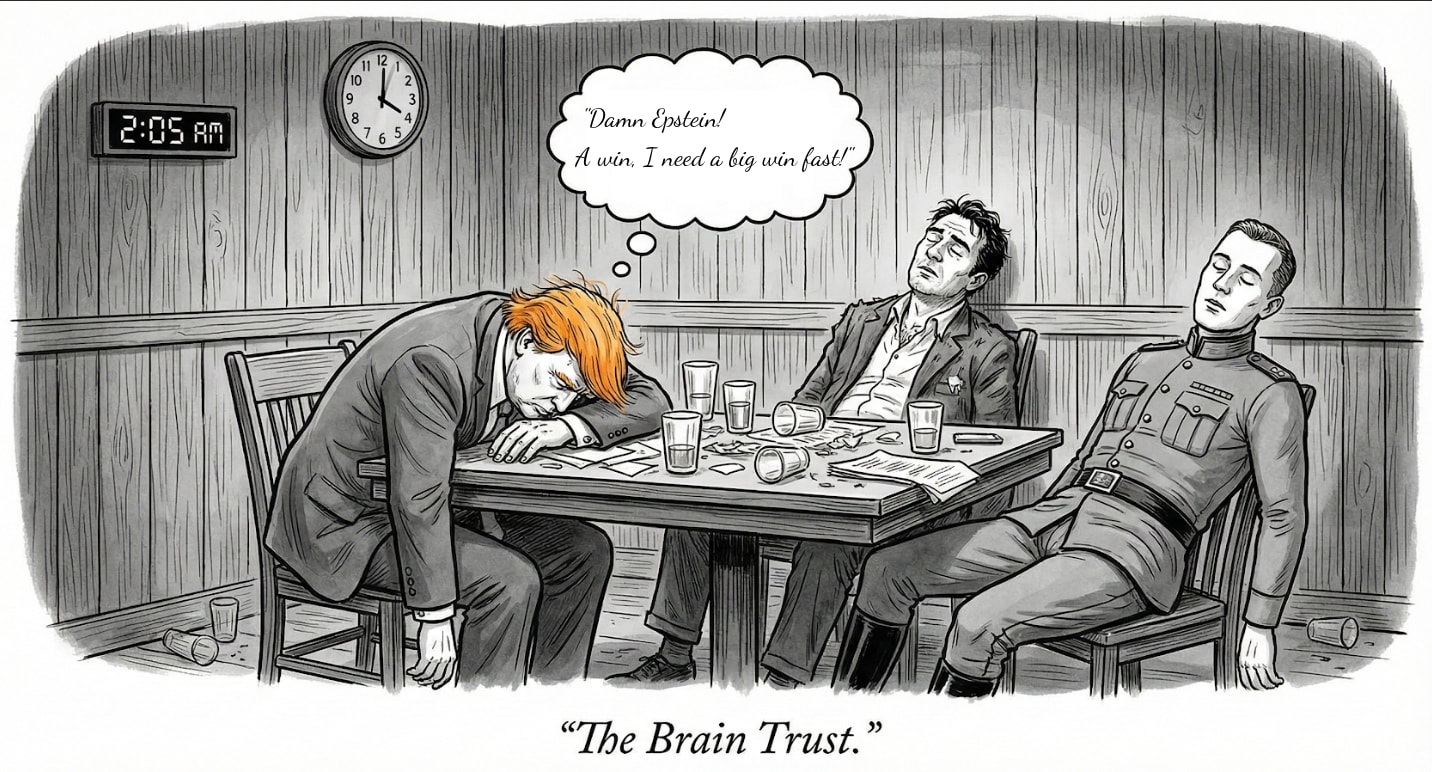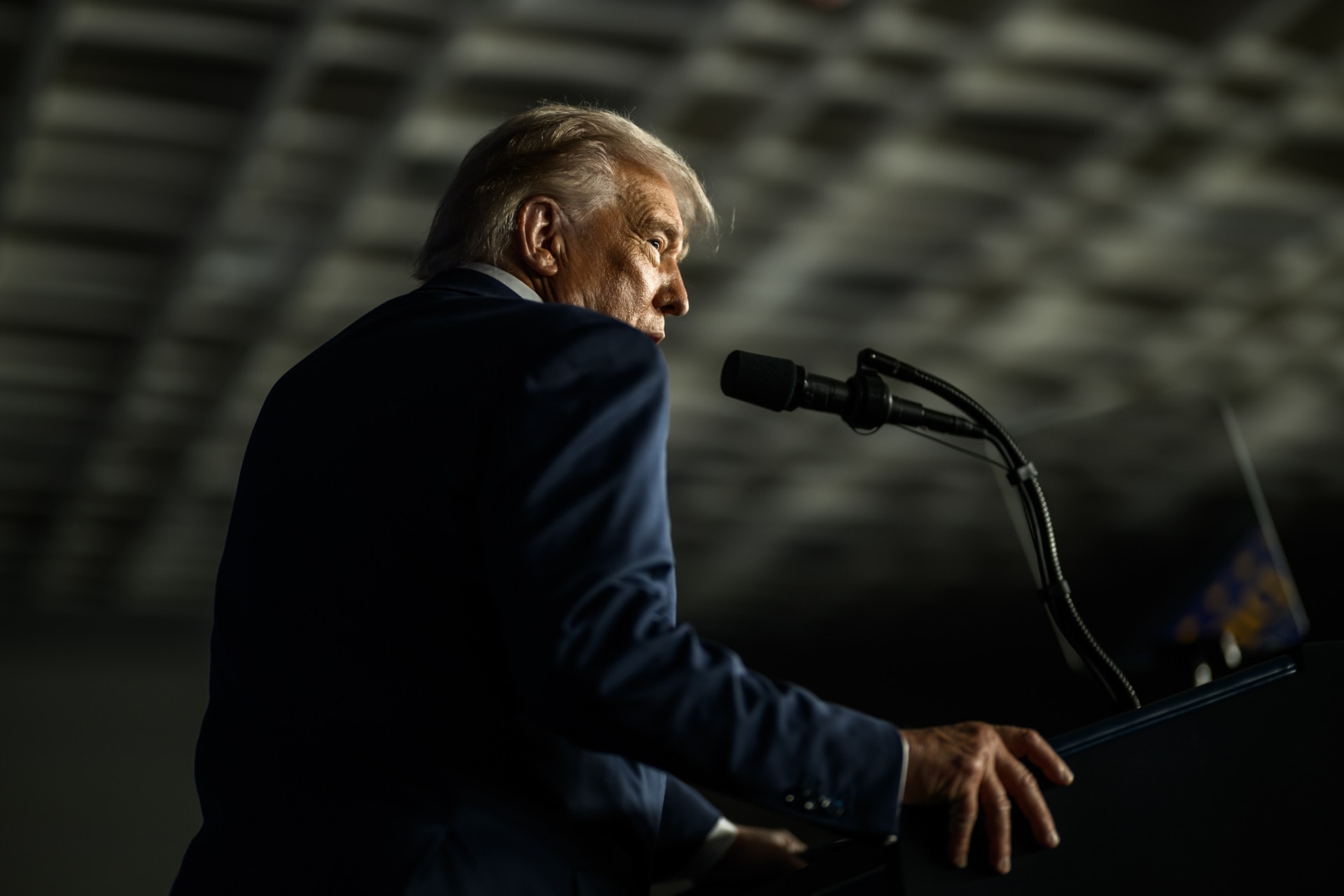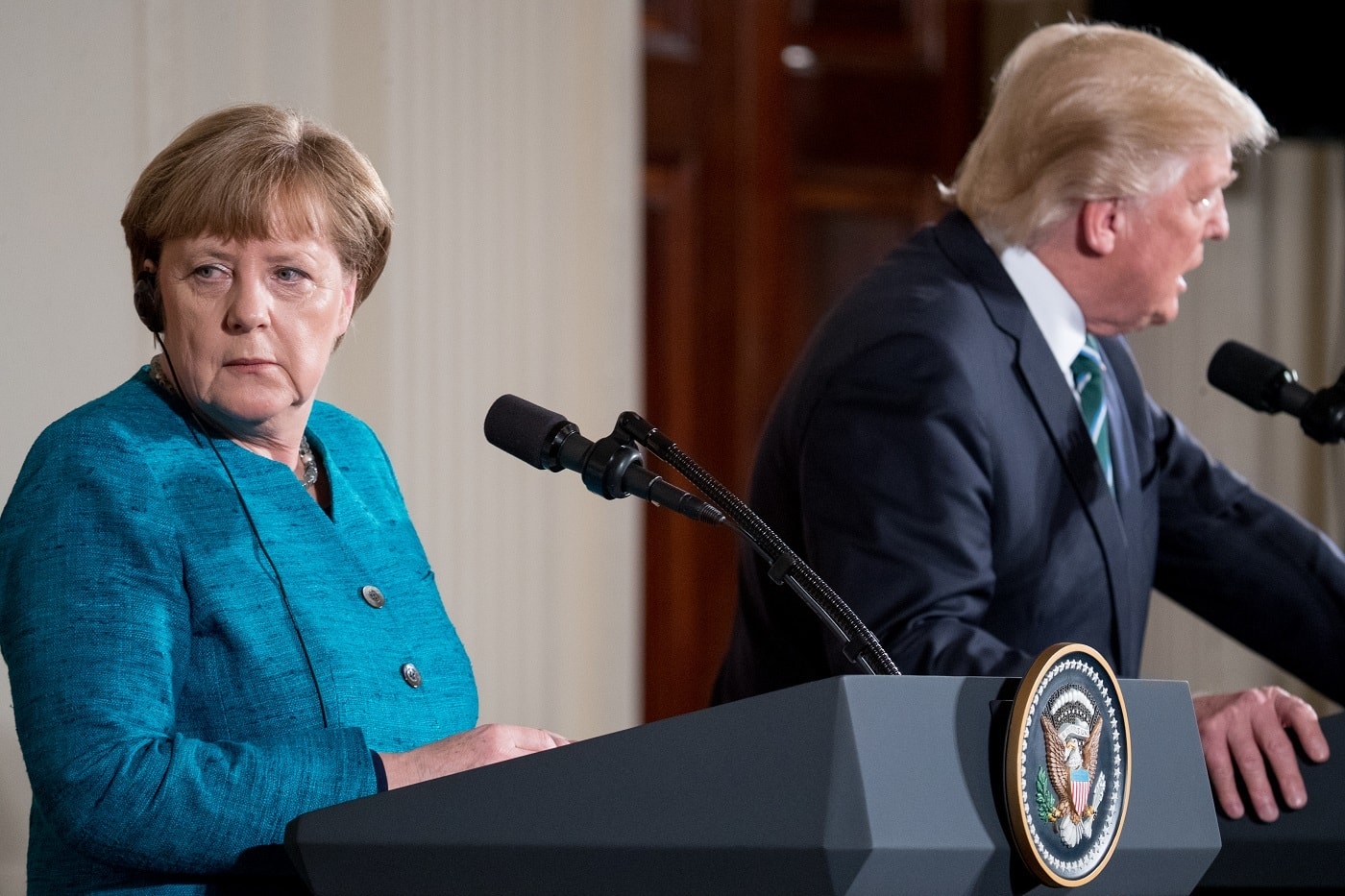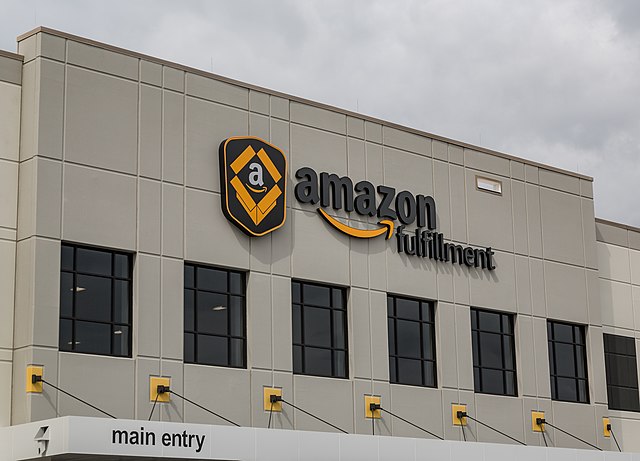Recently, I was lucky enough to catch up with Mike Schreiner, Leader of the Green Party of Ontario, amidst his campaign for the 2018 election, to chat about where Canada stands in the movement to Going Green. This is what we discussed about:
Q: Since its inception in 1983, how has the Green Party evolved over the last few decades?
I think the biggest change in the party has really been in the last decade, where I felt like we’ve built an enduring organization that now has the resources and the capacity to both contest and win elections, and also to engage and mobilize people as a movement around issues that people care about. I think in the early days of the party we were much more movement oriented and less focused on winning elections, because I think people felt that it was just beyond our ability. But now that you’re seeing Greens elected all over the world, I think Greens are recognizing that in addition to being a movement putting forward policies, we’re also in a position now where we can contest and win elections.
Then I think the other big shift is that in the early days of the party, it was exclusively focused on environmental issues, and while environmental issues still are front and centre for the party, we’ve certainly expanded our focus to include, I think, a wide range of issues focused on social justice, economic prosperity, education, healthcare and a whole host of issues that people care about.
Q: As the leader of the Green Party in Ontario, what drew you personally to this role?
I think, for me, I believe deeply in economic, environmental and social justice and I think the Green Party more than any other party represents to those values. Since I was a little kid I’ve always been interested and involved in politics. When I was a young adult I really became disillusioned with mainstream politics. I just felt like it was dominated by big money, very adversarial. I was tired of what I saw as backroom deals, attack ads, mudslinging and felt that politics was really more about how to advance people and parties’ self-interest rather than the public’s interest.
I walked away from mainstream politics and decided I could make the world a better place through running small businesses and non-profit organization. My kids, family, and friends kept saying to me that, you know “You complain about the way politics is done and you’re obviously very interested in it, so why don’t you reengage and do something about it.”
So, over a decade, about 15 years ago now, I said “You know what, you’re right.” I started getting reengaged in politics and the Green Party. It was the logical choice for me, primarily because I think Greens do politics differently. We’re really about honesty, integrity and policies that put people first ahead of our own self-interest or what the polls tell us is the issue of the day. The party is guided more by values and by honesty and integrity and less about a desire to put forward your own self-interest. So that’s what attracted me to getting involved in the Green Party.
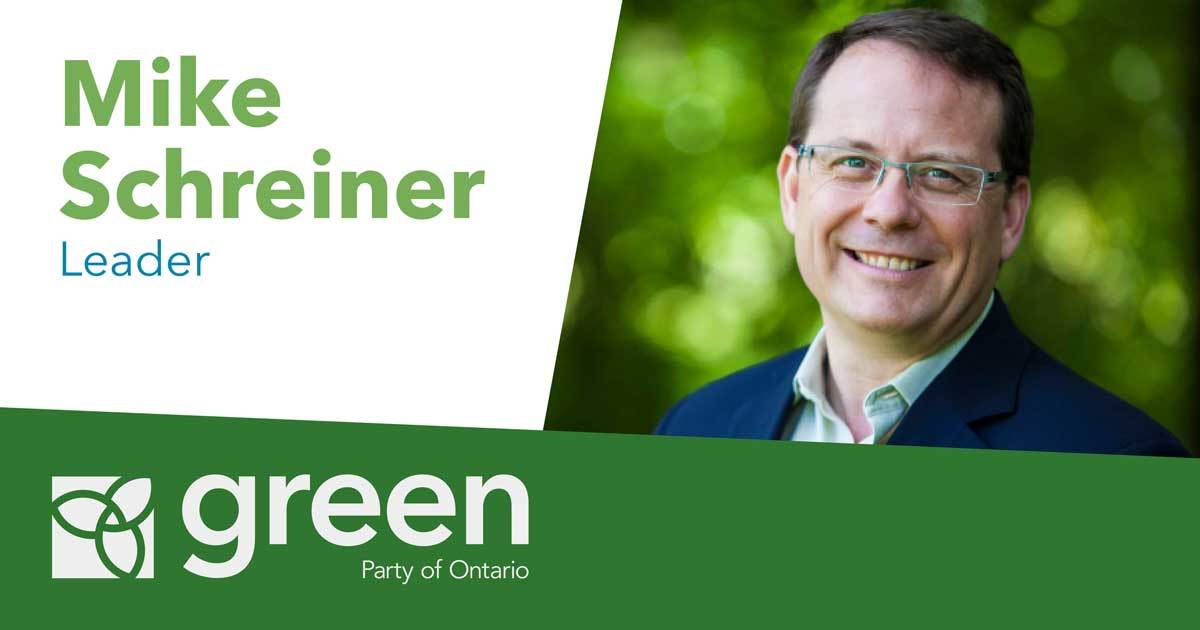
In the photo: Mike Schreiner, leader of the Green Party of Ontario Credit: Green party of Ontario
Q: As you know, in 2015 all 193 United Nations member states affirmed what are known as the UN Sustainability Development Goals, of which there are 17. What areas do you think Canada needs to step up and meet these priorities?
I could make a case for all 17, but for now I’m going to lump three together which is poverty, hunger and inequality. Because I think those are issues that we’re not doing very well in Canada on; and they’re all three towards the top of the list of the 17.
I find it disturbing in a wealthy country like Canada that we have so many people who go to bed hungry every night or those living in poverty and high levels of homelessness. The first food bank opened in Canada in 1981 and it was supposed to be a temporary solution to hunger and, you know, here we are four decades later and every community has a food bank. People who are most vulnerable in our society are being asked to live on $750 a month, which, for somebody in a developing country would be a decent amount of money, but in Ontario you can’t even rent a couch in most communities for $750 a month, let alone have a place to live and be able to put food on the table.
I’m also deeply concerned about the rising levels of inequality. I think when you see rising levels of inequality, that destabilizes a country, it threatens social and economic institutions. It’s a critically important issue that we have to address.
The issue I believe is just a lack of action on the climate crisis. Canada has one of the highest per capita greenhouse emissions of any country in the world, we have the highest per capita emissions, even higher than the United States. Oftentimes commentators in Canada say, “Oh, well, you know, we’re such a small percentage of global greenhouse gas emissions that taking action in Canada really doesn’t make a difference. It’s going to the US, India, China, places like that.” Well, we have a higher per capita curve in pollution than any of those countries. We’re not doing our job to address the climate crisis. We’re not meeting our obligations. The Green Party, for me, offers hope that we can mobilize people to start tackling those issues.
Q: How is the Green Party proposing to tackle issues surrounding our indigenous people, such as clean drinking water, healthcare, internet access?
First of all, I think we need to recognize that any relations with our First Peoples should be a nation to nation relationship. Secondly, before any development takes place on indigenous lands we need to have free, prior and informed consent from the people who have been stewards of those lands. First and foremost that’s how we need to reset our relationship with indigenous peoples. Then we need to start prioritizing investment in indigenous communities, when it comes to things like water, as an example. The Green Party has both been a strong advocate for stronger laws to protect the quality of our drinking water.
We’ve also been strong advocates of making sure we have proper broadband access all over the province for indigenous and First Nations communities, but also in rural, remote communities of settlers as well. Furthermore, healthcare and education funding on a per capita basis should be on indigenous communities and First Nations reserves, as it is for any community in Canada. Right now, those types of public services are underfunded in First Nations communities and that’s just wrong.
Q: How would you define local, sustainable development?
That’s an interesting question. I think local, sustainable development addresses how you create development in ways so that people use resources without those resources running out. As an example, how do we meet the needs of our present generation without compromising the ability of future generations to meet their needs. I think, increasingly, for us it’s important to start thinking as a society about how we achieve those objectives, to have a more indigenous world view in our policies, in our actions and our ways of doing things. I believe the First Peoples here have shown that this land can sustain us for generations and generations, for millennia, if you’re good stewards of this place. And if you’re not good stewards then it won’t be able to sustain us.
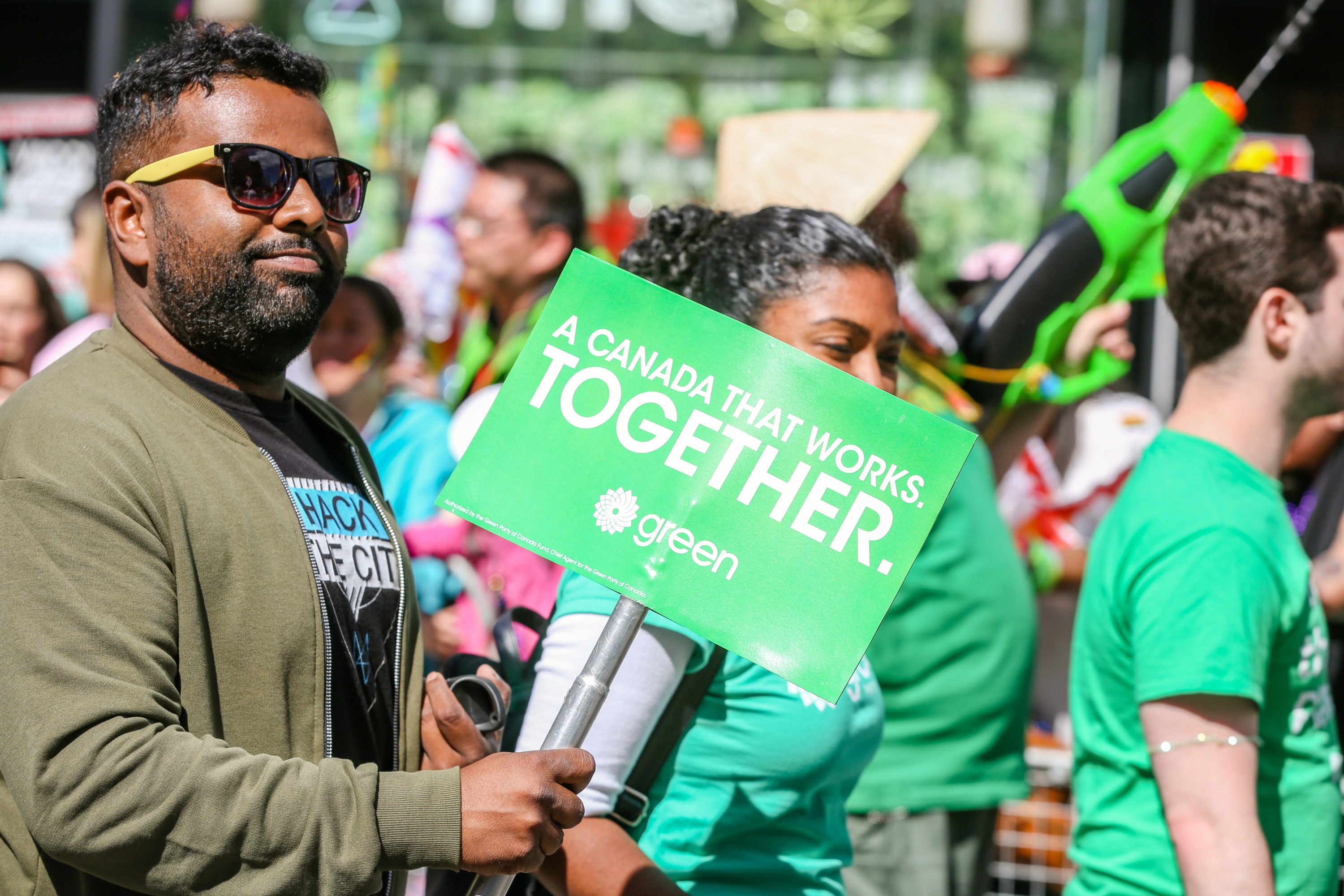
In the photo: The Green Party march through Vancouver in 2017 Credit: Shutterstock
Q: I recently watched you in a debate at Ryerson University. You reiterated that you make a point of engaging with a lot of younger people, especially educating them in the electoral process. Why do you think this is so important?
I have kids and I’m deeply concerned about their future, and one of the reasons I’m personally involved in politics is to fight for them to have a liveable, sustainable future. I think young people are especially concerned about public issues, particularly the climate crisis, but also rising levels of economic and social inequality and they want to take action on those issues. Part of the conversation at Ryerson was around the fact that many young people aren’t involved in mainstream politics and I think some of the reasons they’re not involved is because they don’t feel like their vote matters or their voice is heard, or they’re feeling deeply disillusioned with mainstream politics.
One of the fears I have is that it comes down to the survivability of democracy. I think we’re starting to see a rise of anti-democratic authoritarian thinkers, everyone from Donald Trump being elected in the United States to Putin in Russia. We’re seeing the rise of authoritarian governments in Turkey, many parts of Western Europe as well. So, for people like myself who believe deeply in democracy and people power, if we’re going to preserve and protect, we need to go beyond that and enhance and enrich our democracies. In essence, young people are going to have to be engaged. And we desperately need young people to be engaged.
Q: Do you think that to succeed in sustainability, we need to have a more coordinated plan to forge new partnerships?
Absolutely. I’m a big believer in collaborative politics. One of the things that I see really exciting within politics, is what’s happening in British Columbia right now where the B.C Greens and the B.C NDP have developed a very transparent working agreement that, in our adversarial winner-take-all political system, it’s really comforting and inspiring to see two political parties working across partisan lines in ways that put the people of British Columbia first.
Beyond that, I think it’s critically important that we especially engage the business community and the labour movement on issues like climate action. There’s a lot of vested interest in both business and labour, particularly in the more older line industrial sectors of our economy, where there is a resistance to change and a resistance to embracing the clean economy. I think we need to collaborate both with business, and the labour movement especially, to talk about how we have a just and equitable transition to the new clean economy in ways that businesses can be successful and make profits and share those profits equitably with their workers and employees and ensure job creation in ways that don’t leave certain people and sectors behind.
Q: As the second largest country in the world by geography, would you say that Canada’s economic prosperity is dependent on how we tackle climate change?
Well, I think regardless of the size of our geography, embracing the clean economy, making the leap to clean energy systems is essential to any country’s economic success. We’re a very resource-dependent country, and part of the reason we are resource-dependent is primarily due to our geography. As the world begins to recognize that we should use resources more efficiently, Canada is vulnerable. So, one of the reasons I’m pushing so hard for us to make the leap to the clean economy is so that we are well positioned to be successful economically.
Q: You have been viewed by some as a politician for the people. What does that look like for you?
I think, for me, probably it’s a matter of prioritizing honestly, integrity and policies that put people first, ahead of my own personal self-interest and our party’s partisan self-interest. I’ve accepted some criticism that, “It’s hard for the Greens to get elected, because you guys are too honest”. But I think that’s the way we want to do politics and if we didn’t do politics differently and in that way, then why bother? You might as well run for another political party – one of the big three status quo parties.
I think the other reason people have that perception is there’s just a number of issues where communities have felt like they don’t have a voice. Whether they’re fighting a dump that threatens their water, or maybe, a highway that threatens prime farmland, or a development that’s going to destroy wetlands, citizens need to feel their voice is being heard.
I think the Green Party has done a good job of working with those communities, collaborating and mobilizing communities to give them a voice. We’ve had a number of communities around the province where people have said, “Thank you for working with us to amplify our voice.” So I am steadfast in my commitment to have a political party who’s going to fight for people.
Editors Note: The opinions expressed in this article by Impakter.com columnists are their own, not those of Impakter.com


